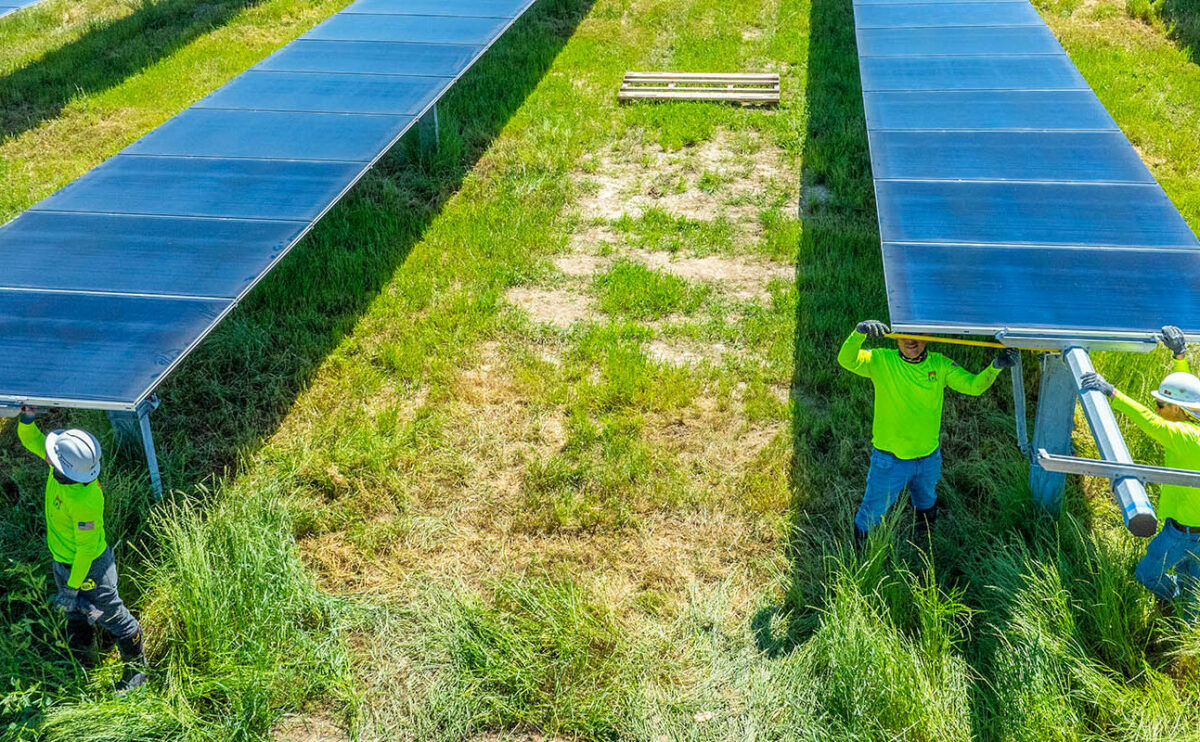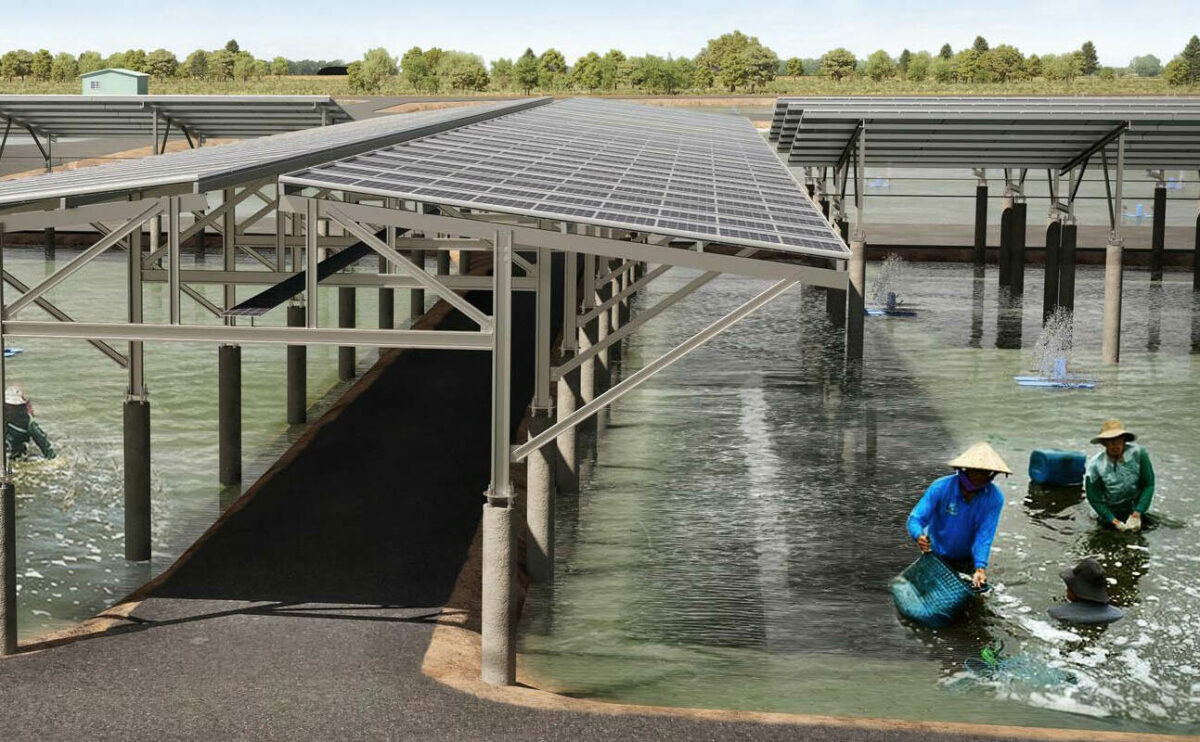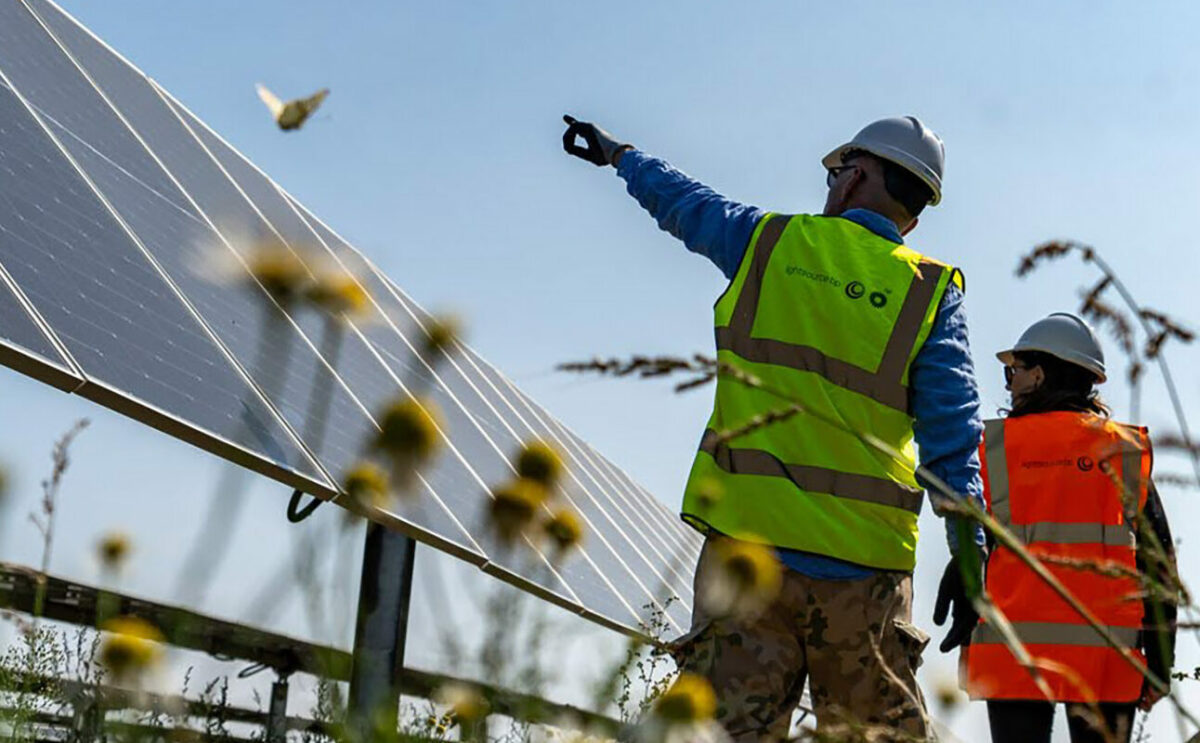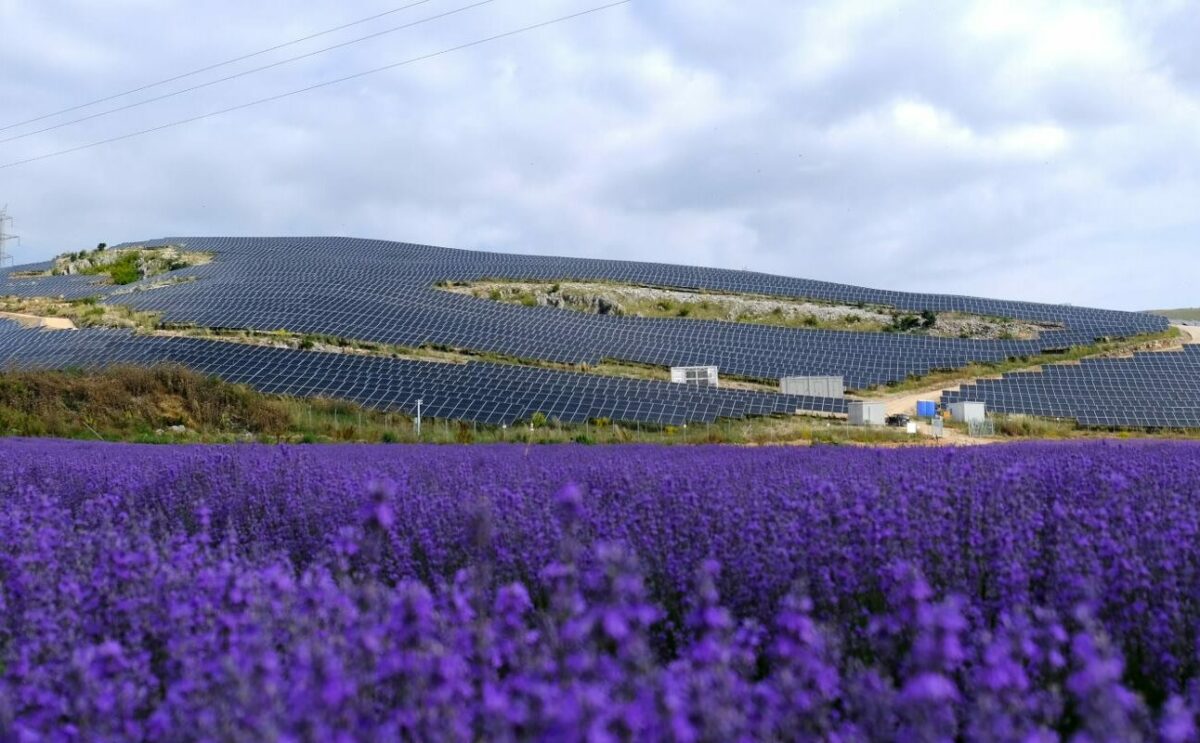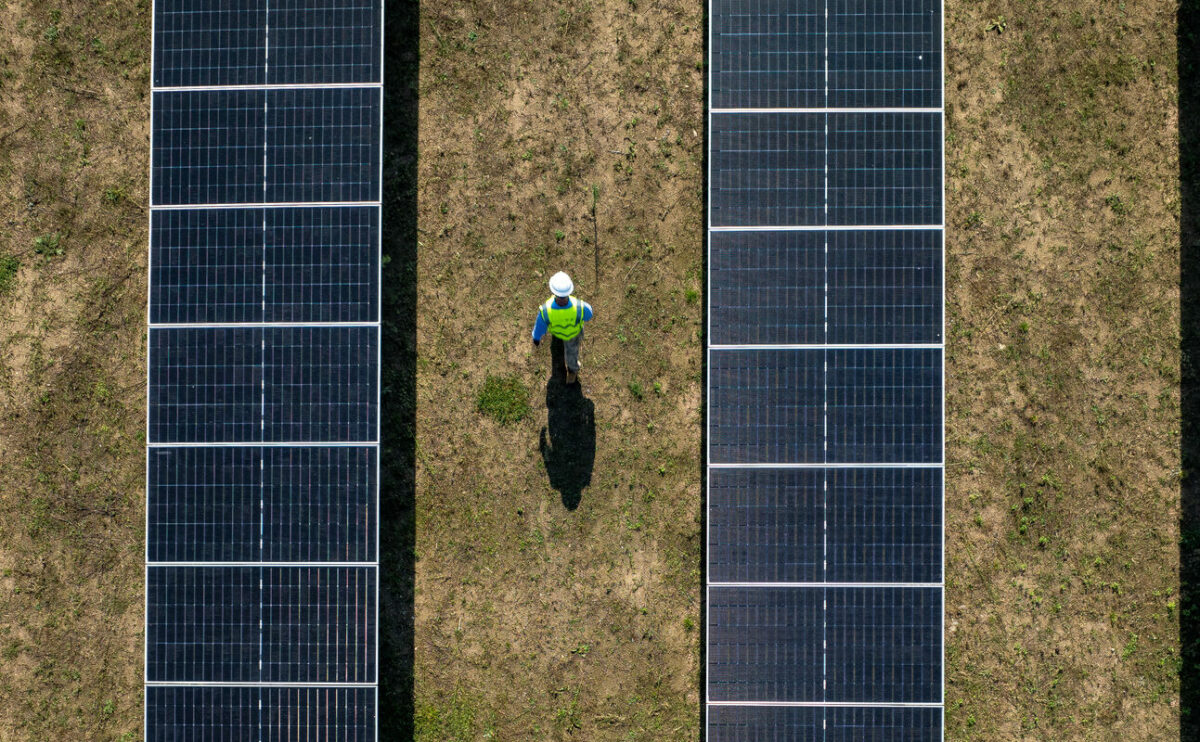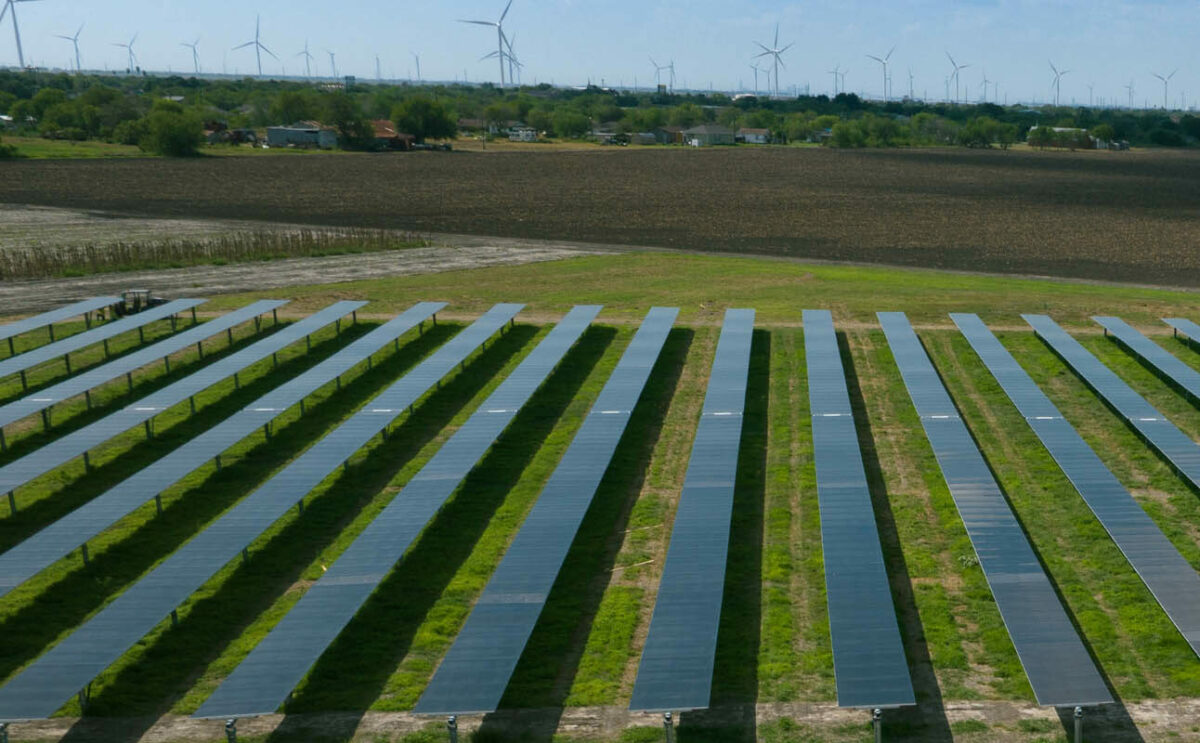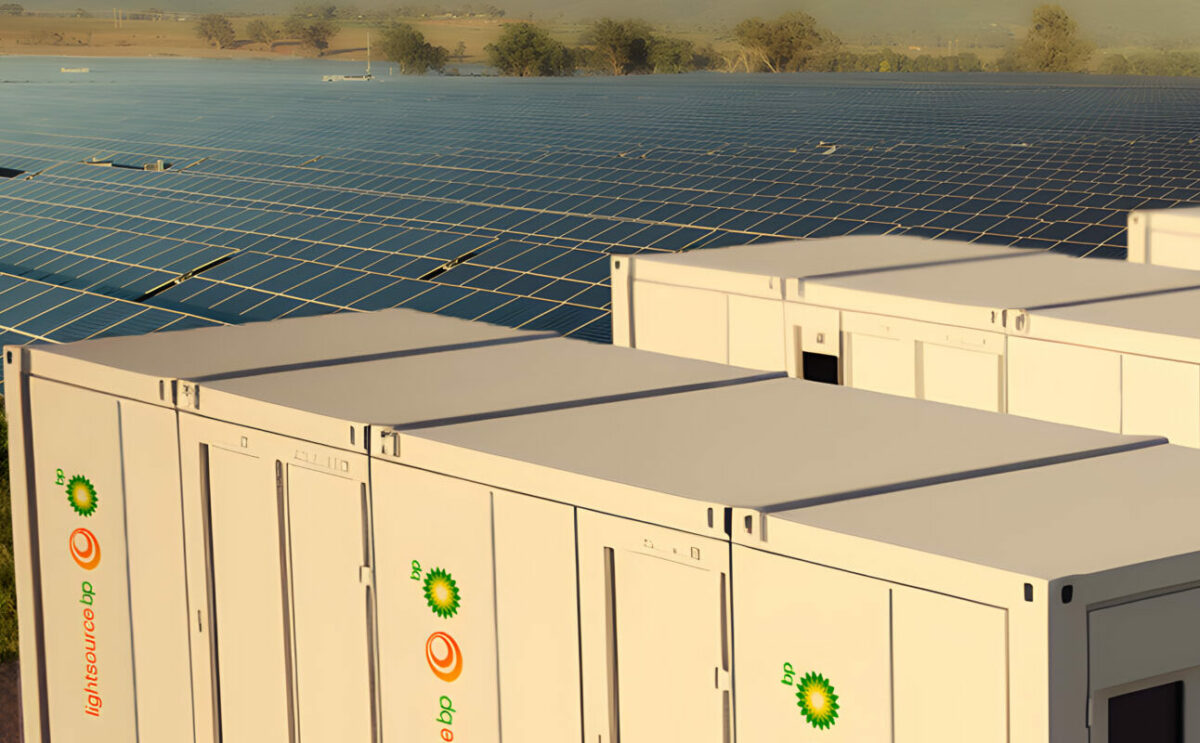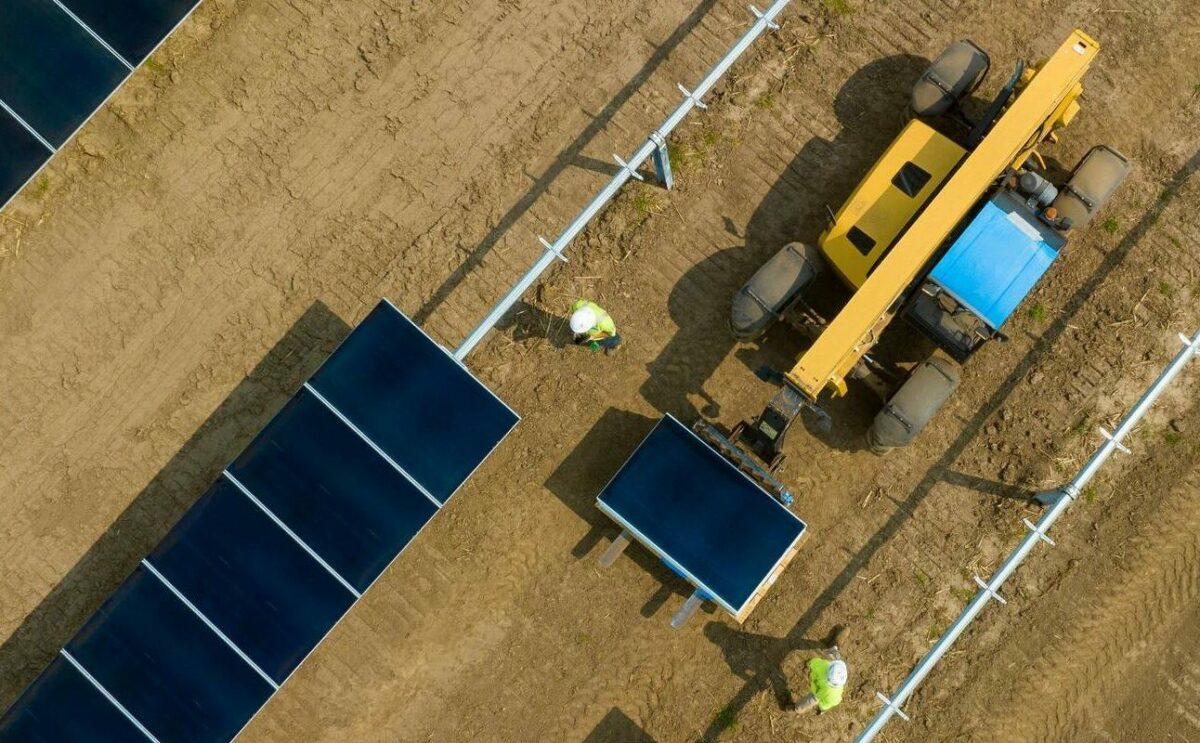CCO Katherine Ryzhaya Talks REC Arbitrage on Smart Energy Decisions
Lightsource BP North America CCO Katherine Ryzhaya, wrote an interesting piece on the prevalence of Virtual Power Purchase Agreements and their impact on Renewable Energy Credits for online energy publication Smart Energy Decisions.
Original article: No longer reserved for the Fortune 500, financial instruments like Virtual Power Purchase Agreements (VPPAs) are gaining popularity among smaller companies and public-sector entities looking to cost-effectively meet clean energy goals. Google, Apple, Amazon, and Walmart have paved the way for other, more risk averse but environmentally-minded entities to power their operations with renewable energy. This new wave of buyers – from regional businesses to universities, cities, and municipal agencies – shares the same clean-energy ambitions as the Silicon Valley tech giants, but often lacks the resources, power markets savvy and financial wherewithal of the “originals.”
Many buyers today simply cannot – or will not – absorb a ‘green’ premium in long-term clean-energy contracts. Also over are the days of plain-vanilla PPA structures where absorbing risk is seen as the cost of doing business. From sophisticated power supply arrangements to basis risk management, large loads are re-charting the way power is sourced and consumed.
The most attainable way price-sensitive VPPA off-takers can enhance their VPPA economics is by maintaining a flexible approach to Renewable Energy Credits (RECs). This is particularly relevant for projects sited in burgeoning regulatory markets like PJM, New England, and New York. In these markets, credits regularly fetch $20-30 per megawatt-hour (MWh) or more. That’s because these REC regimes were designed for compliance buyers – utilities, refineries and other large polluters. A corporate entity acting as a buyer in a VPPA has no use for compliance-grade RECs and can lower the overall cost of its renewable deal by swapping out compliance RECs for voluntary ones.
By maintaining the ability to ‘REC swap’ – that is, to strip out valuable project RECs and substitute less-valuable ‘unbundled’ RECs in a VPPA – prospective buyers can expand the universe of cost-competitive projects available to them and gain access to lower pricing. And for existing buyers, who may be locked into an underwater VPPA contract, a REC swap offers a way to reduce or eliminate losses on the deal.
The rest of this article outlines how a REC swap (sometimes referred to as ‘REC arbitrage’) works and where it can maximize value for price-sensitive clean-energy buyers. But first, a disclaimer: a REC swap may complicate an organization’s renewables claims and ‘additionality’ story. Regardless, not every buyer will be comfortable with a REC swap even if many already freely engage in the practice, including some of the most visible clean-energy champions. (We won’t name names, but you know who you are.)
There are three different ways for a buyer to handle RECs in a VPPA:
- Buy the ‘bundled’ project RECs and energy; retire the RECs to make renewables claims.
- Buy the ‘bundled’ project RECs and energy; sell the (high value) RECs and buy cheaper RECs to make renewables claims.
- Buy project energy only, allowing the project’s RECs to be sold separately (in exchange for a lower PPA price); buy cheaper RECs to make renewables claims.
As a rule of thumb, for a utility-scale solar project, a REC swap will lower the VPPA price that a developer is able to offer a customer by roughly $5-10/MWh in PJM, $20/MWh in New York, and $30/MWh in most New England states. While large blue-chip corporates may be willing to pay the bundled REC premium in the name of ‘additionality,’ smaller budget-constrained buyers – which account for a growing share of the overall market – simply cannot afford to ignore the value of a REC swap when signing long-term clean-energy contracts.
Related news
18 Dec, 2025
Energy in Focus – In-house cross-functional teams building quality projects
Ric Hatton, Director of Delivery for EMEA, has spent most of his career in power generation industry, with a keen interest in managing utility-scale renewable projects.
04 Dec, 2025
Energy in Focus – How local partnership and community engagement sparks project success
At Lightsource bp, we deliver renewable energy and storage solutions while seeking to enhance ecosystems, local economies and progressing a sustainable supply chain.
20 Nov, 2025
Energy in Focus – Building a culture of safety at Lightsource bp
In our first Energy in Focus episode, Will Manchas, Head of HSE for USA and EMEA shares how our Golden Rules help us protect ourselves and others.
22 Oct, 2025
Lightsource bp supports Apple’s renewable energy projects progress across Europe
Lightsource bp is proud to partner with Apple Inc. in support of its goal to achieve carbon neutrality across its entire footprint by the end of this decade.
21 Oct, 2025
Environmental safety in action: living our Golden Rules
At Lightsource bp, our Golden Rules are daily practices that protect our people and ensure business continuity, especially in the face of climate extremes.
17 Oct, 2025
USA: Lightsource bp and Pinnacle Financial Partners announce $97.9M tax equity deal for Peacock Solar
Lightsource bp and Pinnacle Financial Partners today announced the closing of a $97.9 million tax equity deal to finance the 187 MW Peacock Solar in San Patricio County, TX.
18 Sep, 2025
Australia: Lightsource bp advances its first solar and storage hybrid project
Lightsource bp has commenced delivery on one of the first large-scale DC-coupled solar-battery hybrid projects in Australia.
15 Aug, 2025
Resetting and recharging – what we did for Wellbeing Day
As part of our promotion of a healthy work-life balance, this year we once again rewarded our team members with an extra day of annual leave to focus on their wellbeing.
31 Jul, 2025
USA: Lightsource bp named the US’s top solar developer
Lightsource bp, a global leader in renewable energy development, has been named the United States’ #1 solar developer by Solar Power World.
14 Jul, 2025
Inspiring future energy leaders: ESCP students explore Manor Farm Eggington
Students from ESCP Business School’s London Campus were invited by Lightsource bp to an exclusive visit to the Manor Farm Eggington in Leighton Buzzard.

